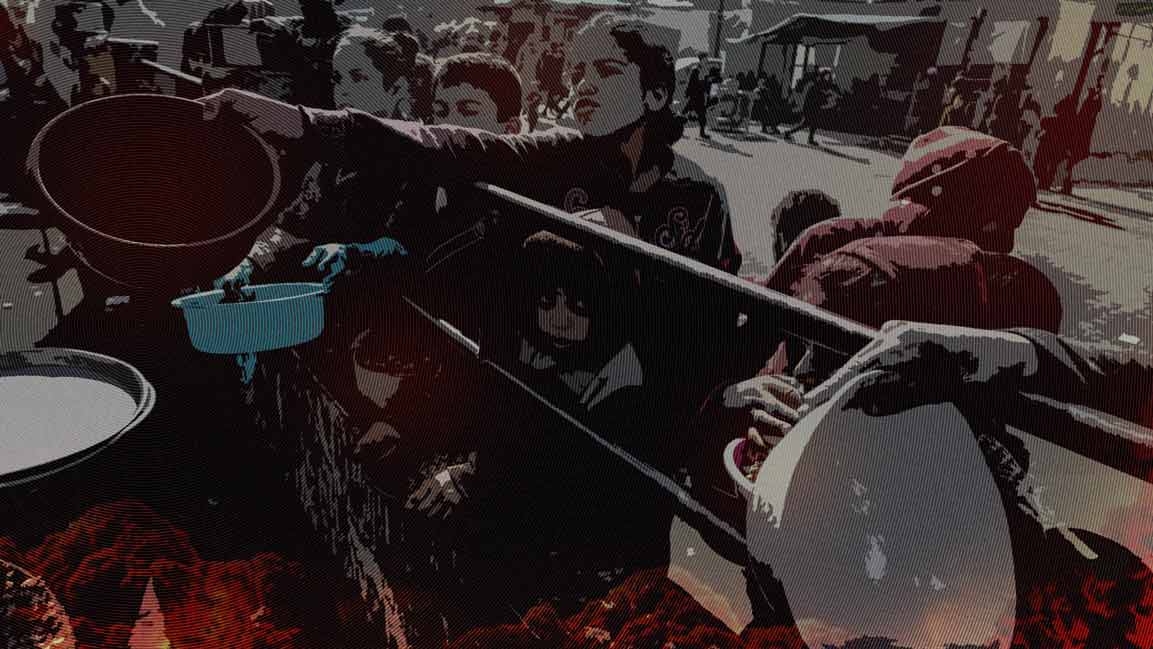- | 1:00 pm
Famine imminent in Gaza with health consequences, says UN-backed report
Half of Gaza's population, roughly 1.1 million people, are facing catastrophic food shortages

As conflict persists in Gaza, the toll on its residents becomes increasingly dire. A new UN report states that parts of the Gaza Strip have surpassed famine thresholds.
The Integrated Food-Security Phase Classification (IPC) report indicates that 70% of residents in northern Gaza are experiencing the most severe level of food insecurity, a figure tripling the established famine benchmark.
The IPC highlighted the urgency of the situation, estimating daily death tolls could soon reach famine-like levels, with two out of every 10,000 people succumbing to starvation or malnutrition-related illnesses. While data on current mortality rates remains limited, Gaza’s health ministry has confirmed the deaths of 27 children and three adults due to malnutrition.
The report paints a grim picture, with half of Gaza’s 2.2 million population (roughly 1.1 million people) facing “catastrophic” food shortages. Notably, 300,000 residents in the north risk death rates mirroring those seen in famine zones.
“The actions needed to prevent famine require an immediate political decision for a ceasefire together with a significant and immediate increase in humanitarian and commercial access to the entire population of Gaza,” the report stressed.
Compiled by 18 UN and external agencies, the report emphasizes the ongoing siege on Gaza amidst intense fighting. Over 31,000 lives have been claimed, and 73,000 injured in the conflict.
The civilian population has borne the brunt of the violence, with nearly 1.9 million displaced and over half of Gaza’s infrastructure, including vital food, water, and healthcare systems, damaged or destroyed.
The report underscores the critical role of unimpeded humanitarian access in preventing famine. It details instances of “direct strikes with explosive weapons on humanitarian convoys,” staff detentions, road closures, and limitations on movement due to 12,000 metric tonnes of debris and heavy military vehicles.
The Innovation By Design Summit is in Doha on April 24. Attendance at the summit is by invitation only. Delegates can register here to receive their exclusive invite.
































